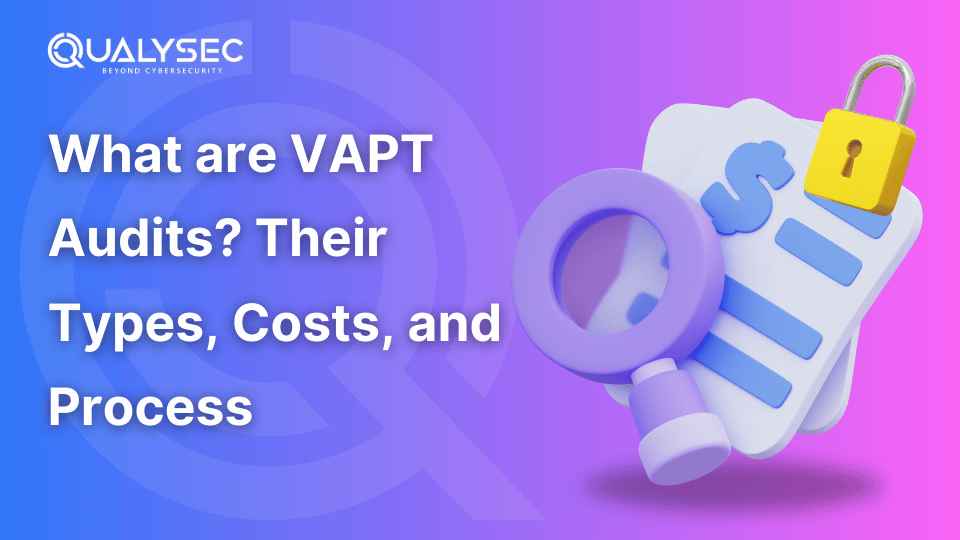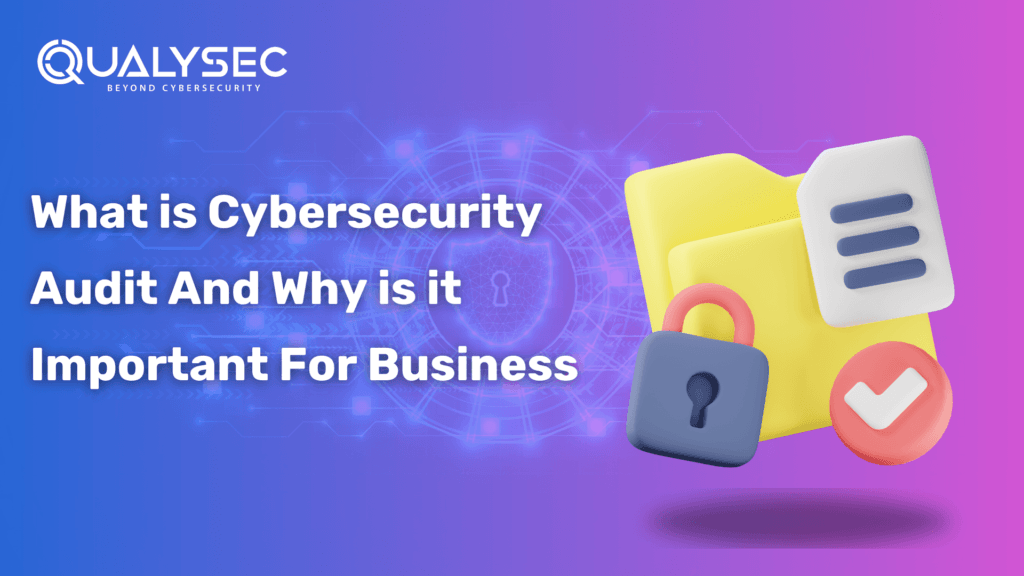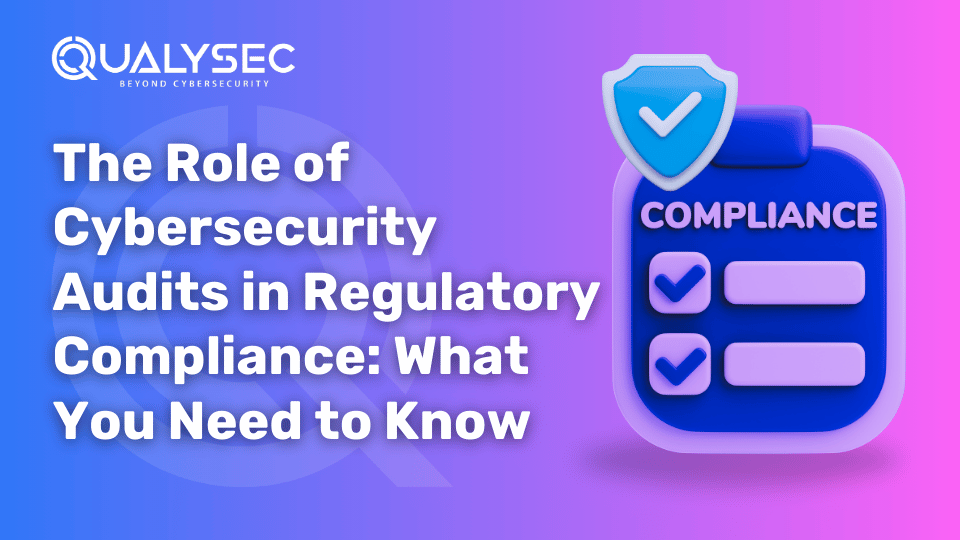What are VAPT Audits? Their types, costs, and process
VAPT: What is it? Vulnerability assessment and penetration testing (VAPT) are security methods that discover and address potential flaws in a system. VAPT audit ensures comprehensive cybersecurity by combining vulnerability assessment (identifying flaws) with penetration testing (exploiting flaws to determine security strength). It is the process of identifying and exploiting all potential vulnerabilities in your infrastructure, ultimately reducing them. VAPT is carried out by security specialists who specialize in offensive exploitation. In a nutshell, VAPT is a proactive “hacking” activity where you compromise your infrastructure before hackers arrive to search for weaknesses. To find possible vulnerabilities, a VAPT audit’s VA (Vulnerability Assessment) uses various automated technologies and security engineers. VA is followed by a penetration test (PT), in which vulnerabilities discovered during the VA process are exploited by simulating a real-world attack. Indeed, were you aware? A new estimate claims that with 5.3 million compromised accounts, India came in fifth place worldwide for data breaches in 2023. Why is the VAPT Audit Necessary? The following factors, which are explained below, make vulnerability assessment and penetration testing, or VAPT, necessary: 1. By Implementing Thorough Assessment: VAPT provides an in-depth approach that pairs vulnerability audits with pentests, which not only discover weak links in your systems but also replicate actual attacks to figure out their potential, its impact, and routes of attack. 2. Make Security Your Top Priority: Frequent VAPT reports might be an effective way to enhance security procedures in the software development life cycle. During the evaluation and production stages, vulnerabilities can be found and fixed by developers prior to the release. This enables organizations to implement a security-first policy by effortlessly moving from DevOps to DevSecOps. 3. Boost the Safety Form: By organizing VAPT audits frequently, companies can evaluate the state of your security over time. This lets them monitor progress, detect continuing errors, and estimate how well the safety measures are functioning. 4. Maintain Compliance with Security Guidelines: Organizations must conduct routine security testing in order to comply with several rules and regulations. While pentest reports help with compliance assessments for SOC2, ISO 27001, CERT-IN, HIPAA, and other compliances, frequent vulnerability checks can assist in making sure businesses meet these standards. 5. Develop Stakeholder Trust: A VAPT audit displays to all stakeholders the commitment to data safety by effectively finding and addressing issues. This increases confidence and belief in the capacity of your company to secure private data, especially with clients and suppliers. What Is the Procedure for VAPT Audit? Download a VAPT report for free here! Latest Penetration Testing Report Download The Important Types of VAPT 1. Organizational penetration testing Organization penetration testing is a comprehensive evaluation that replicates real-world attacks on an organization’s IT infrastructure, including the cloud, APIs, networks, web and mobile applications, and physical security. Pen testers often use a combination of vulnerability assessments, social engineering techniques, and exploit kits to uncover vulnerabilities and related attack vectors. 2. Network Penetration Testing It employs ethical hacking methodologies to meticulously probe your network defenses for exploitable data storage and transfer vulnerabilities. Standard techniques include scanning, exploitation, fuzzing, and privilege escalation. Adopting a phased approach, penetration testing experts map the network architecture, identify systems and services, and then leverage various automated tools and manual techniques to gain unauthorized access, mimicking real-world attacker behavior. 3. Penetration Testing for Web Applications Web application pentesters use both automatic and human technologies to look for flaws in business logic, input verification, approval, and security. To assist people with recognizing, prioritizing, and mitigating risks before attackers do so, skilled pentesters try to alter sessions, introduce malware (such as SQL injection or XSS), and take advantage of logical errors. 4. Testing for Mobile Penetration Mobile penetration testing helps to improve the security of your application by identifying weaknesses in a mobile application’s code, APIs, and data storage through both static and dynamic evaluation.Pentesters frequently focus on domains such as unsafe stored data (cleartext passwords), intercept personal information when in transit, exploit business logic faults, and gaps in inter-app contact or API integrations, among others, to find CVEs and zero days. 5. Testing API Penetration In order to find vulnerabilities like invalid verification, injection errors, IDOR, and authorization issues, API vulnerability evaluation and penetration testing carefully build requests based on attacks in real life.In order to automate attacks, fuzze data streams, and identify prone business logic flaws like payment gateway abuse, pentesters can use automated tools like Postman. 6. Penetration Testing for Clouds Identifying threats in your cloud setups, APIs, data storage, and accessibility limits is the ultimate objective of cloud pentests and VAPT audits. It uses a variety of methods to search for zero-days and cloud-based CVEs, including automated tools with traditional testing. These commonly include SAST, DAST, API the fuzzing technique, server-less function exploitation, IAM, and cloud setup methods. How to Select the Best VAPT Provider for You? 1. Know What You Need Understand the unique requirements of the business before looking into provider options. Consider the IT infrastructure’s scale and degree of complexity, industrial rules, timeline, cost, and aimed range of the VAPT. 2. Look for Methodological Depth To ensure a thorough evaluation, look for VAPT providers who use well-known techniques like the OWASP Testing Guide (OTG) or PTES (Penetration Testing Execution Standard). Ask them about their testing procedures and how they are customized to meet your particular requirements.3. Make open and transparent communication a priority Select a provider who encourages honest and open communication throughout the VAPT procedure, as these tests can take ten to fifteen business days.In order to reduce obstacles and improve the effectiveness of the VAPT cycle, companies should give customers regular progress reports, clear clarification of findings, and a joint remedial method. 4. Look Past Cost Although price is a crucial consideration, seek out VAPT providers who deliver quality in terms of return on investment (ROI) above the appraisal. Assess the depth of the reports, any customized measures, post-assessment support, remedial suggestions, and reconfirmation options. People having a track record of success in VAPT, particularly






